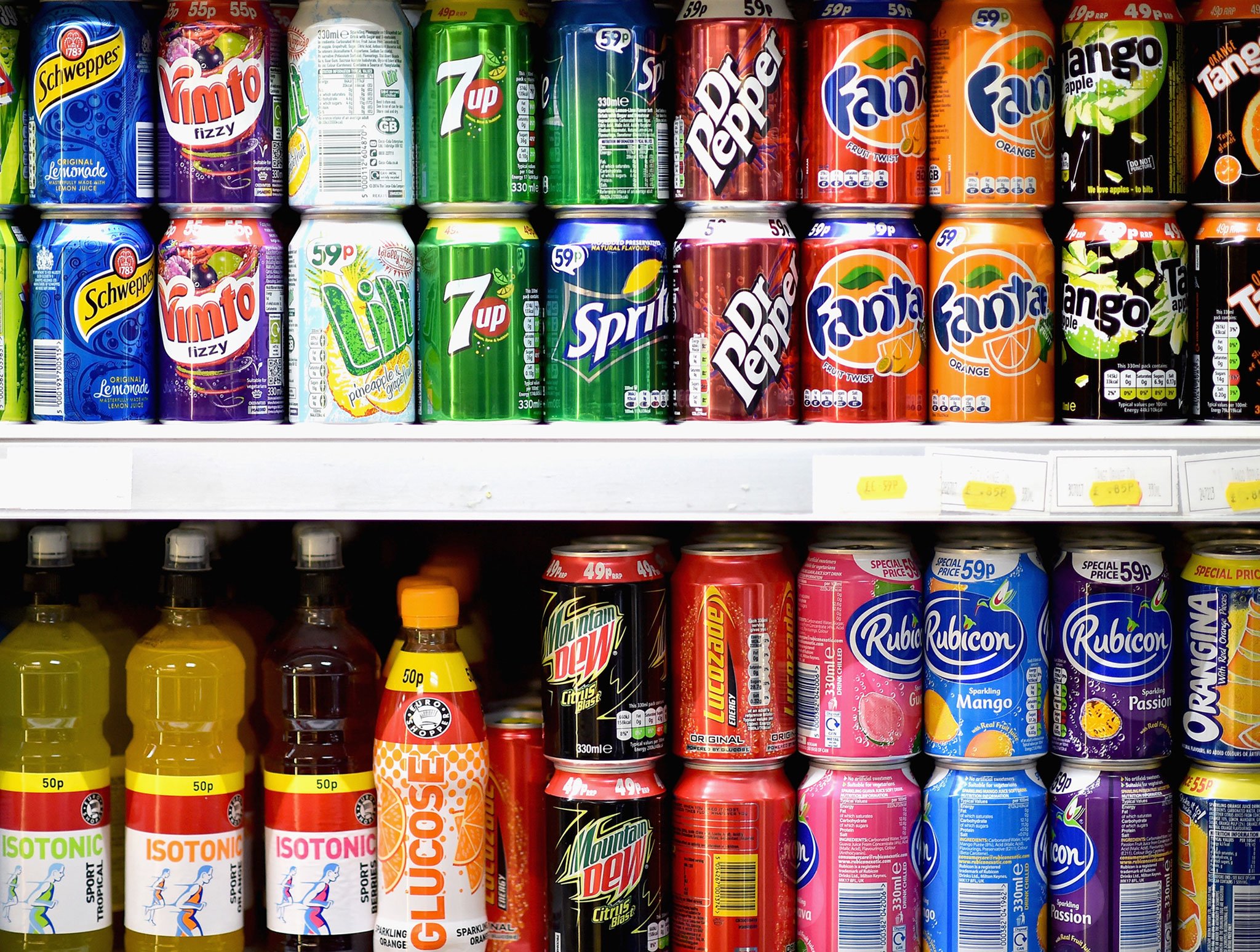
14 May Sugar free Britain
‘Breaking News’ Sugar tax drinks have come into influence all over the U.K.
So how does it work? Will Britain be Sugar free or will the public’s backlash cause massive debris
Brands such as Lucozade, Fanta and Ribena have removed the sugar of drinks in the U.K, ministers and campaigners have yet to believe it has already proved to be a success with many firms reducing sugar content. However, some people say it is still too early to judge on the sugar tax drinks as we haven’t got much evidence to prove either sides argument.
The UK have joined a small minority of nations who have introduced levy, including Norway, Mexico and France who also have similar taxes.
The levy is implemented on big drink manufacturers .
In England, they have implemented sugar tax drinks in schools, shops and restaurants. Drinks that have 8g per 100ml of sugar will have a slightly lower rate of tax due to less sugar in the bottle. It will be 18p per litre for the drinks with a higher amount.
The drinks that are healthy such as pure fruit juices will be exempt from being sugar taxed as they do not carry ‘added sugar’, even drinks with a high milk content will also not be tax free due to the calcium content in the high milk product.
The U.K ministers and campaigners have also tried to encourage sugar tax on products such as cakes and biscuits, however they are not covered by tax, to reduce the sugar content on those items, it is voluntarily for the public to get sugar free snacks.
In the U.K, all age groups are consuming too much sugar, Teenagers are the worst offenders, as they do get ¼ of their sugar intake from soft drinks.
This is a threat to their health,
Public health minister Steve Brine said:
“our teenagers consume nearly a bathtub of sugary drinks each year on average,
fuelling a worrying obesity trend”
The levy is meant to help reduce obesity in the UK
However, Coco-Cola® have refused to make their drinks implement the new sugar tax and have decided to charge the consumers an extra 20p for their purchase.
The company have stated that “They will not be changing the recipe because people love the taste and have told us not to change it” an interpretation of this strategy is that the trademark of Coca-Cola is the great taste as they advertise.
They also have Coke Zero and Diet Coke if their consumers prefer the healthier option, any store and fast food restaurant such as McDonalds that serve Coco-Cola have charged their consumers 20p extra.
Does Coca-Cola’s business choice influence their investors to create a healthier diet or does it try to maintain the well-known taste of their soft drink?
As the prices have increased it will be more effective if the people who consume a lot of sugar and alcohol significantly reduce their intake, as the buyers continuing their addiction could quite soon lose a lot of money because of this inflation in economics. This could tremendously help some people improve their dose of sugar.
The general consumers, have responded differently to the increase of prices depending on how much they like the drink or are pleased to see a law based on a better lifestyle.
People who are addicted to alcohol can be positively impacted as they have to pay more to consume more alcohol and they may cut down on their alcohol use.
From 1st May 2018 alcohol will not be permissible to be sold for less than 50p per unit in Scotland, this suggests ”four-pack of beer or cider” deals/quantities will cause the consumers 10% percent more cost to their payment.
In 1974 and 2013 a large number of adults have stopped smoking due to the rates being doubled in pricing, this could have the same effect on alcohol and fizzy drinks as the results may show in the future.
Featured Image: https://www.independent.co.uk/news/uk/politics/budget-2017-sugar-tax-philip-hammond-fight-obesity-child-weight-gain-fizzy-drinks-a7618316.html
.


